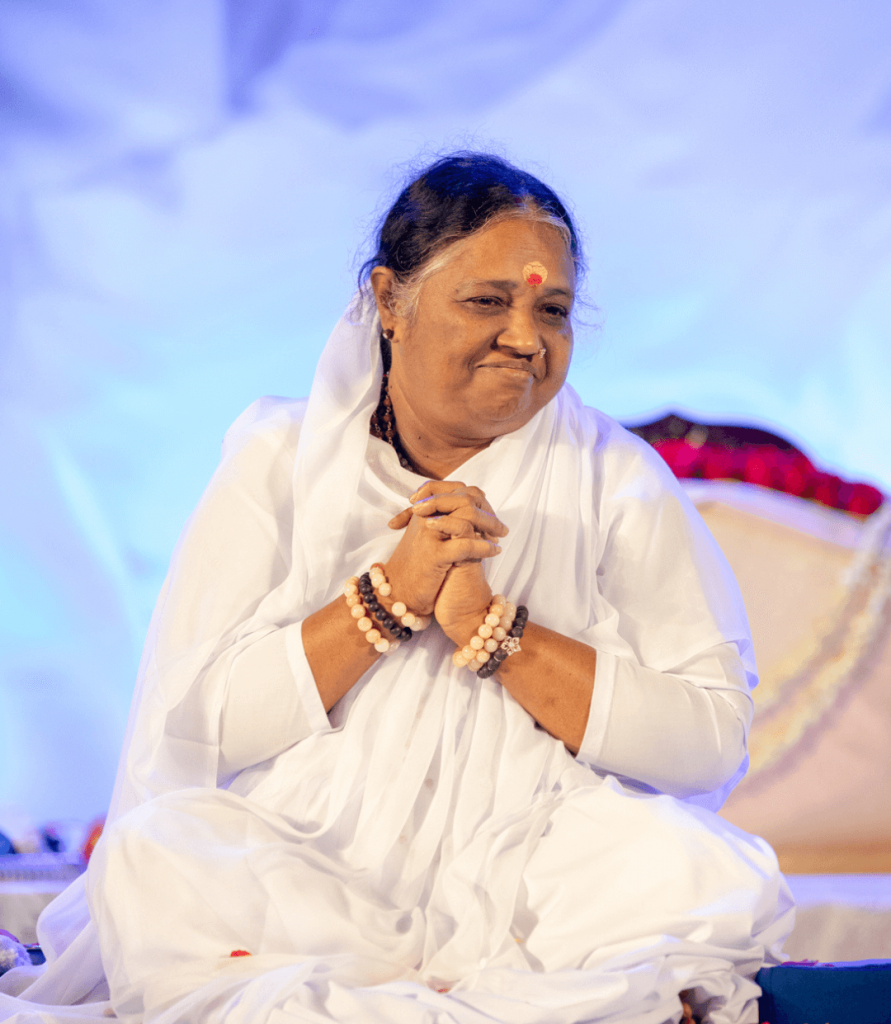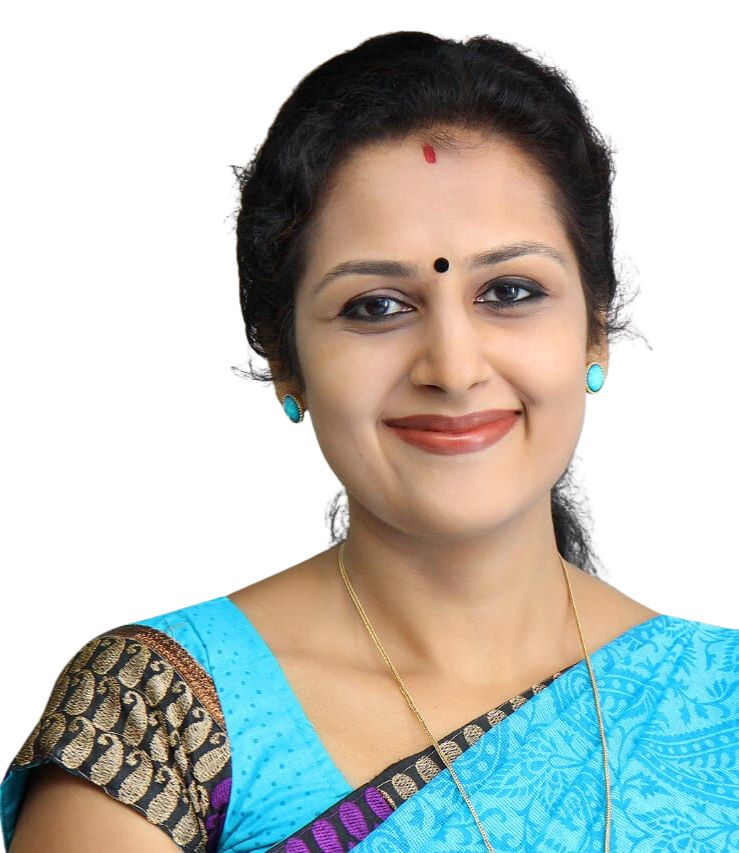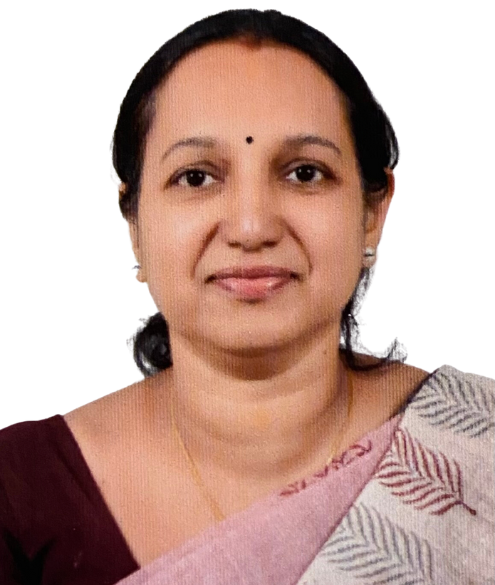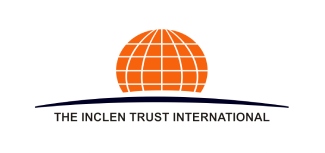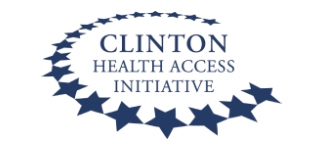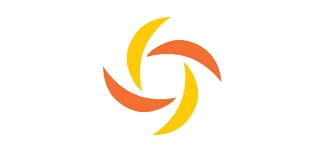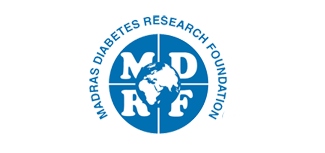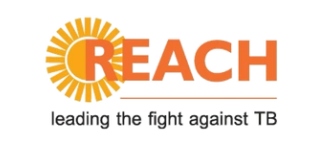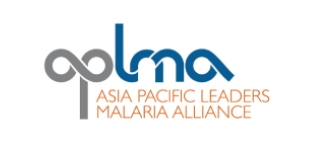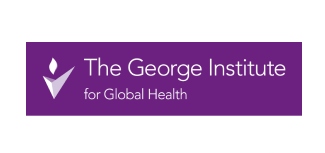Women’s health
Women and girls often face barriers to accessing adequate health care that considers their unique anatomy, physiology, and genetic differences from men. Women’s health issues and unique physiology are underrepresented in research and clinical studies. This disparity is even greater for women of color and marginalized populations.
Women-specific health conditions can be related to pregnancy, infertility, hormonal imbalances, menstruation, or other gynecological issues. Like men, the most common cause of death among women is cardiovascular disease. Besides the traditional risk factors, women have gender-specific risk factors like autoimmune diseases, and pregnancy-related complications such as gestational diabetes, hypertension, preterm birth, and pregnancy loss. Ninety-four percent of all maternal deaths occur in low- and middle-income countries.
Threats to women’s physical and emotional health also include violence. The World Health Organization estimates that 1 in 3 women globally have been subjected to either physical and/or sexual violence in their lifetime. The healthcare system plays an important role in providing care to women who have experienced violence and referring them to additional support services.
Women play a pivotal role in determining the health and diet of the family and children. Often the demands on women lead them to de-prioritize their own health needs. Efforts should be made to understand the barriers that face women and girls accessing adequate care and should be addressed in education on a healthy lifestyle and disease prevention.
Children’s health
Over the last few decades, significant progress has been made toward reducing maternal and child mortality rates. Yet, many low- and middle-income countries still have concerns about neonatal and child mortality rates, particularly in sub-Saharan Africa and Southern Asia. According to the World Health Organization, in 2020, 2.4 million children died within the first month of life.
Preterm births, intrapartum-related complications, and neonatal infections are the primary cause of neonatal deaths. Deaths in children under five are associated with malnutrition and infections like pneumonia, diarrhea, and malaria. Accidents and injuries are the leading cause of death in children ages 5 to 15. Non-communicable diseases (chronic respiratory diseases, acquired heart diseases, childhood cancers, diabetes, and obesity) are also emerging priorities in the global child health agenda.
Despite lower COVID-19 infection rates, the pandemic adversely affected children’s physical and mental health due to school closures, disrupted routines, more time in front of digital screens, increased stress, and reduced physical activity. Obesity rates have increased compared to already concerning pre-pandemic levels. Many children missed their essential vaccinations during the pandemic, resulting in the risk of a surge in vaccine-preventable diseases, such as measles.
We aim to focus on continuing to lower the neonatal mortality rate among rural and disadvantaged communities, reduce the mortality and burden of illness among children under five, and promote a healthy lifestyle among children and adolescents.
